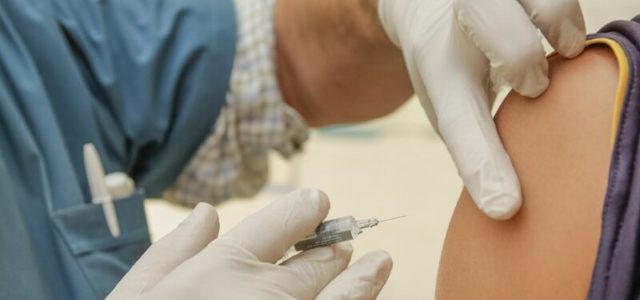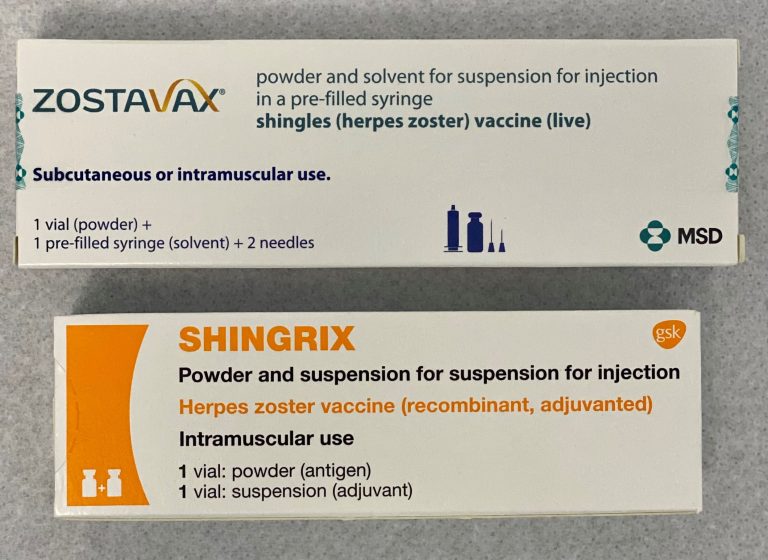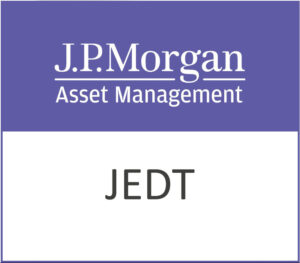GSK plc (LON/NYSE: GSK) has announced that Japan’s Ministry of Health, Labour and Welfare (MHLW) has accepted the company’s regulatory application to expand the use of its adjuvanted recombinant respiratory syncytial virus (RSV) vaccine to include adults aged 18-49 at increased risk of severe RSV disease. Arexvy was the first vaccine approved in Japan for adults aged 60 years and older for the prevention of RSV disease, and for those aged 50 years and older at increased risk for severe RSV disease.
RSV is a common, contagious virus affecting the lungs and breathing passages impacting an estimated 64 million people of all ages globally every year.[1] RSV can exacerbate certain medical conditions, and lead to severe illness resulting in hospitalisation and even death[2],[3],[4].
This regulatory submission is supported by positive results from phase IIIb trial NCT06389487[5] which showed a non-inferior immune response in adults aged 18-49 at increased risk for RSV-LRTD due to certain underlying medical conditions, to that observed in adults aged 60 and above. The safety and reactogenicity data were consistent with results from the phase III programme that supported the initial approval of the vaccine in Japan.
GSK is the first company to seek regulatory approval for the vaccine to help protect adults aged 18-49 at increased risk of severe RSV disease in Japan. Regulatory submissions to expand the indications for the RSV vaccine continue in other geographies including the US and Europe.
About Arexvy
Respiratory syncytial virus vaccine, adjuvanted, contains recombinant glycoprotein F stabilised in the prefusion conformation (RSVPreF3). This antigen is combined with GSK’s proprietary AS01E adjuvant.
The MHLW has approved GSK’s RSV vaccine for the prevention of RSV (respiratory syncytial virus) disease for adults aged 60 years and above and adults aged 50 and older who are considered at increased risk of severe RSV disease. The use of this vaccine should be in accordance with official recommendations. As with any vaccine, a protective immune response may not be elicited in all vaccinees.
The GSK proprietary AS01 adjuvant system contains STIMULON QS-21 adjuvant licensed from Antigenics Inc, a wholly owned subsidiary of Agenus Inc. STIMULON is a trademark of SaponiQx Inc., a subsidiary of Agenus.
About the NCT06389487 trial
NCT06389487 is a phase IIIb open-label study to evaluate the non-inferiority of the immune response and to evaluate the safety of GSK’s RSV vaccine in adults aged 18-49 at increased risk for RSV disease (n=426) compared to adults aged 60 and older (n=429). An additional cohort of 603 participants aged 18-49 were followed up for adverse events separate to safety follow up of the initial cohort. 1,458 participants were enrolled across 52 locations in 6 countries, including 4 sites in Japan.
The trial’s co-primary endpoints were RSV-A and RSV-B neutralisation titers expressed as mean geometric titer ratio (relative to older adults over adults at increased risk) and sero-response rate in RSV-A and RSV-B neutralising titers one month post vaccine administration. There were also safety and immunogenicity secondary endpoints.
[1] National Institute of Allergy and Infectious Diseases, Respiratory Syncytial Virus (RSV). Available at: https://www.niaid.nih.gov/diseases-conditions/respiratory-syncytial-virus-rsv – last accessed: June 2025
[2] Falsey, AR et al. Respiratory syncytial virus infection in elderly and high-risk adults, in New Engl J Med 2005; 352:1749-59
[3] Osei-Yeboah, R et al. Respiratory Syncytial Virus-Associated Hospitalization in Adults with Comorbidities in 2 European Countries: A Modeling Study. J Infect Dis; 2024; 229 (suppl 1): S70-S77
[4] Atamna A, Babich T, Froimovici D, Yahav D, Sorek N, Ben-Zvi H, Leibovici L, Bishara J, Avni T. Morbidity and mortality of respiratory syncytial virus infection in hospitalized adults: Comparison with seasonal influenza. Int J Infect Dis. 2021 Feb;103:489-493. doi: 10.1016/j.ijid.2020.11.185.
[5] Clinicaltrials.gov, “A Study on the Immune Response and Safety of Vaccine Against Respiratory Syncytial Virus (RSV) Given to Adults 18 to 49 Years of Age at Increased Risk for Respiratory Syncytial Virus Disease, Compared to Older Adults 60 Years of Age and Above” – available at: https://clinicaltrials.gov/study/NCT06389487










































